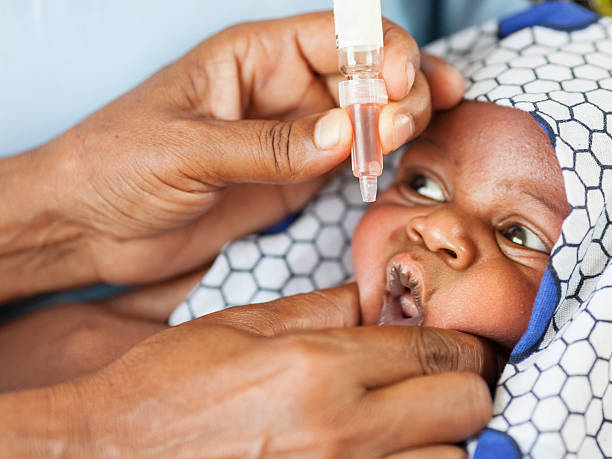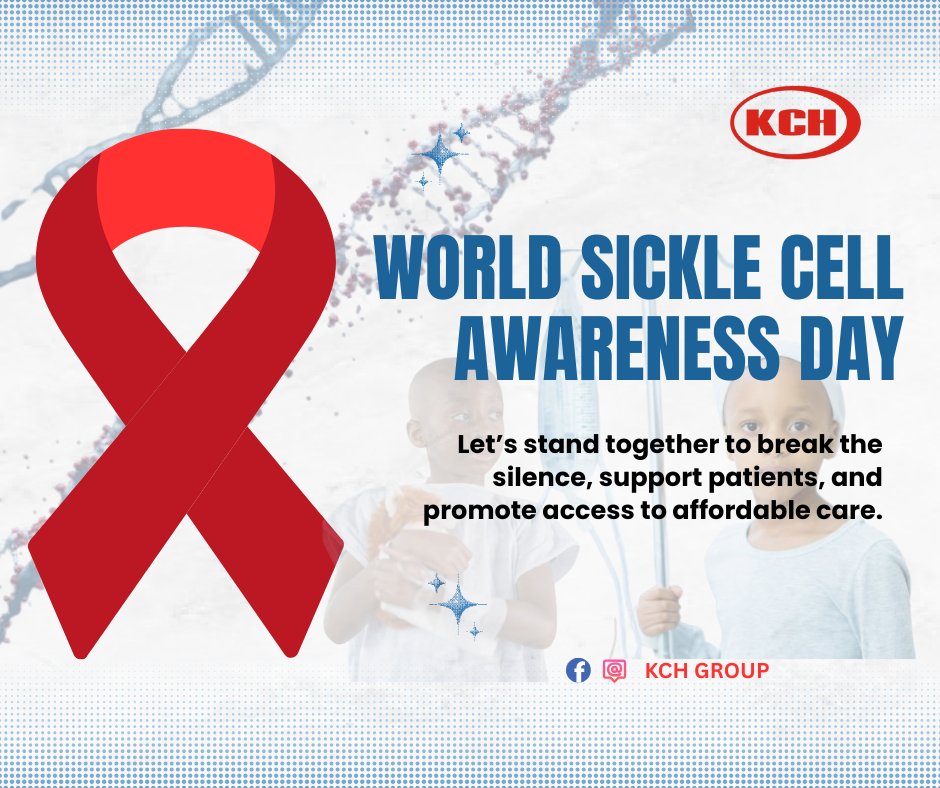By Evans Matthews
Vaccines are among the most important medical advances in human history, protecting millions of children from life-threatening diseases. For babies, vaccination is a key step in building immunity early in life. However, it’s natural for parents to be concerned about what happens after their child receives a shot. Understanding possible after-effects helps parents prepare, respond appropriately, and ensure their babies remain healthy.
Understanding How Vaccines Work
A vaccine trains the body’s immune system to recognize and fight specific pathogens without causing the disease itself. “Vaccines are like a rehearsal for the immune system,” explains Dr. Linda James, a pediatrician in New York. “The mild symptoms some babies experience afterward are signs that the body is building protection.”
Globally, vaccines have led to the eradication of smallpox and a dramatic decline in diseases like measles, polio, and tetanus. In Nigeria, the National Primary Health Care Development Agency (NPHCDA) has worked tirelessly to expand access to essential childhood vaccines through routine immunization programs, saving countless young lives.
Common After-Effects in Babies
Most babies experience only mild and temporary reactions after vaccination. These include:
1. Fever – A low-grade fever within 24–48 hours is a common response, indicating immune activation.
2. Soreness or Swelling at the Injection Site – The arm or thigh where the shot was given might be tender, slightly red, or swollen.
3. Irritability and Fussiness – Some babies become crankier than usual due to discomfort or mild fever.
4. Sleepiness or Fatigue – A temporary dip in energy is normal as the immune system works.
5. Loss of Appetite – A mild decrease in feeding for a day or two can occur.
These side effects usually resolve on their own without medical intervention.
Less Common but Important to Watch For
In rare cases, babies may experience stronger reactions:
- High fever (above 39°C)
- Persistent crying for more than three hours
- Seizures triggered by fever (febrile convulsions)
- Severe allergic reaction (anaphylaxis), characterized by difficulty breathing, swelling of the face, or hives
“If you notice any severe symptoms, seek medical help immediately,” advises Dr. Aisha Mohammed, a pediatric immunization specialist at Lagos University Teaching Hospital.
Cultural and Regional Perspectives
Internationally, vaccination uptake varies based on public trust, access, and cultural beliefs. In some rural parts of Africa and Asia, misinformation and myths still create hesitancy. For example, fears about vaccines causing infertility or illness have circulated in parts of northern Nigeria, delaying campaigns against diseases like polio.
Conversely, in countries like the UK, Canada, and Japan, vaccine schedules are followed almost universally, and strong public health education minimizes hesitancy. The World Health Organization (WHO) stresses that sharing accurate, culturally sensitive information is vital to bridging this gap.
How Parents Can Help Their Babies Recover Comfortably
- Provide Comfort – Hold, cuddle, and soothe your baby after vaccination.
- Manage Fever and Pain – Only use paracetamol or ibuprofen if recommended by a doctor.
- Keep Hydrated – Continue breastfeeding or formula feeding as usual.
- Dress Lightly – If your baby has a fever, avoid overdressing.
- Monitor Symptoms – Keep an eye on your baby’s condition over the next 48 hours.
- Expert Consensus
According to UNICEF, “The benefits of vaccines far outweigh the risks of mild, temporary side effects.” Globally, millions of children are protected from deadly diseases each year because of vaccination programs.
For Nigerian parents, following the routine immunization schedule — including BCG, OPV, DTP, measles, and hepatitis B — is critical. Clinics across the country provide these vaccines free of charge through government-supported health centers.
Final Word
While it’s normal for parents to worry about after-effects, understanding what to expect can ease anxiety. As Dr. James puts it, “Think of each vaccination as a small investment in your child’s lifelong health.”
With the right information and care, vaccines give babies the best possible start in life — protecting them not just in their early years, but for decades to come.





